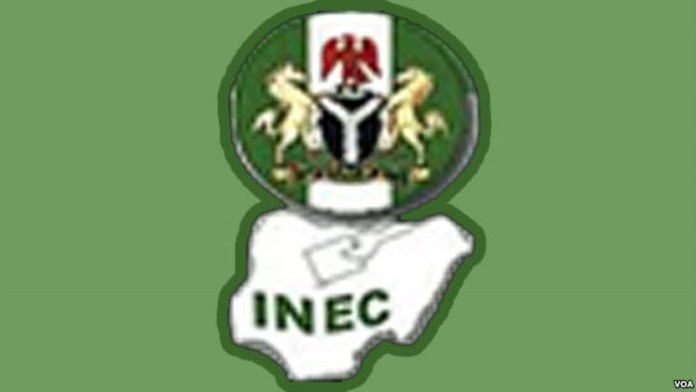The Independent National Electoral Commission (INEC) has raised an alarm of Nigerian politicians seeing elections as war.
National Commissioner and Chairman, Information and Voter Education Committee of the INEC, Festus Okoye who spoke at the inauguration of the Election Crisis Communication Team (ECCT) organised by the Centre for Democracy and Development (CDD) on Monday August 29, added that while INEC enjoys media coverage, there is still room for strengthening the communications system of the commission.
Okoye said;
“As a result of the way elections are pursued by politicians, elections are almost akin to war. It is almost like a perennial crisis.
However, the commission has also been doing a lot that is under-reported, shrouded in sensationalism or even misinterpreted by the general public. As we experience increasing incidents of misrepresentation of the commission, either out of insufficient appreciation of the constitutive legal instruments underlying the work of the commission; inadequate understanding of the work of the commission or other sundry issues around political positioning and contest for power.”
He also disclosed that Nigerians would elect candidates for 1,491 constituencies, comprising one presidential constituency, 28 governorship elections, 109 senatorial districts, 360 federal constituencies and 993 state assembly seats for the 2023 elections.
Okoye added;
“In preparations, INEC would be involved in recruiting and training staff and managing the logistics for their deployment to 176,846 polling units, spread across 8,809 electoral wards, 774 local government areas, 37 states of the federation and the FCT.
This is in addition to applying strategic approaches to ensure the printing and collection of PVCs by registered voters and replacing lost cards before the 2023 general election.
These tasks are better appreciated when one reasons that the projected voter population for the 2023 general election is about 95 million, which is over 20 million more than the combined voter population of the other 14 countries in West Africa.
The commission is expected to perform these duties exceptionally despite the myriad geographical challenges that characterize the country, especially poor transportation systems.”






